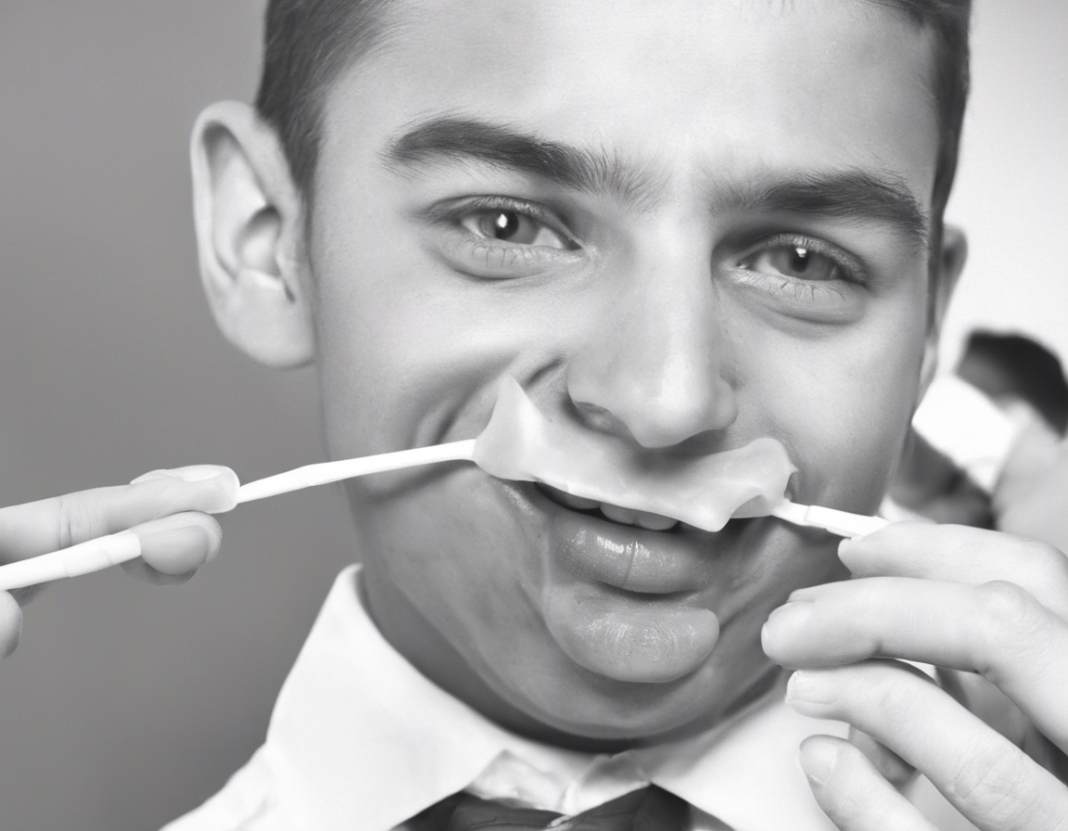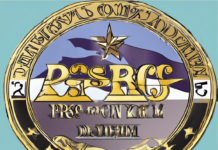Are you facing a mouth swab test soon and feeling anxious about the potential outcome? Whether it’s for a job interview, a sports competition, or any other requirement, passing a mouth swab test is essential for many individuals. These tests, also known as oral fluid tests, are commonly used to detect recent drug use. Compared to urine or blood tests, a mouth swab test is less invasive and easier to administer, making it a popular choice for many organizations.
If you have a mouth swab test on the horizon and need to ensure a negative result, don’t worry. With the right knowledge and preparation, you can increase your chances of passing the test successfully. In this comprehensive guide, we will delve into various strategies to help you navigate the process with confidence. From understanding how mouth swab tests work to practical tips for passing them, we’ve got you covered.
Understanding Mouth Swab Tests
Before diving into specific tips, it’s crucial to have a basic understanding of how mouth swab tests work. These tests involve collecting a sample of oral fluid from the individual’s mouth using a swab. The swab is typically placed between the lower cheek and gum for a few minutes to allow it to absorb saliva. Once the sample is collected, it is tested for the presence of drugs or their metabolites.
Mouth swab tests are designed to detect recent drug use, usually within the past 24 to 48 hours. Unlike urine tests that can detect drug use from several days prior, oral fluid tests are more effective in identifying recent consumption. Common substances that these tests can detect include marijuana, cocaine, amphetamines, methamphetamine, opiates, and benzodiazepines.
Tips for Passing a Mouth Swab Test
Now that you have a grasp of how mouth swab tests function, let’s explore some effective strategies to help you pass the test with flying colors. Whether you are a casual user or have recently indulged in recreational activities, following these tips can significantly increase your likelihood of a negative result:
1. Abstain from Drugs
The most straightforward way to pass a mouth swab test is to refrain from using any illicit substances in the days leading up to the test. As mentioned earlier, these tests are designed to detect recent drug use, so staying clean is paramount. If you know you have a test scheduled, avoid drugs for at least 48 to 72 hours prior to the test to minimize the chances of detection.
2. Maintain Good Oral Hygiene
Proper oral hygiene can play a crucial role in ensuring a negative test result. Brushing your teeth regularly, using mouthwash, and staying hydrated can help eliminate any traces of drugs from your oral cavity. Remember to pay attention to your gum line, cheeks, and tongue while brushing to remove any residual substances that may be detected during the test.
3. Avoid Certain Foods and Drinks
Some foods and beverages can potentially trigger a false positive on a mouth swab test. Avoid consuming anything acidic, such as citrus fruits or vinegar, as they can alter the pH levels in your saliva, potentially affecting the test results. Similarly, poppy seeds, which contain trace amounts of opiates, should also be avoided prior to the test.
4. Use a Mouthwash
Using a specialized mouthwash designed to neutralize drug metabolites in your mouth can be a handy tactic before a mouth swab test. Look for antiseptic mouthwashes that can help cleanse your oral cavity and reduce the chances of detection. Rinse your mouth thoroughly with the mouthwash a few minutes before the test for the best results.
5. Chew Gum or Mints
Chewing sugar-free gum or sucking on mints can stimulate saliva production and help dilute any drug metabolites present in your mouth. Opt for citrus-flavored gums, as they can help mask any unwanted substances. Keep in mind that excessive chewing may raise suspicion, so use this method subtly and intermittently.
6. Time Your Test Wisely
If possible, try to schedule your mouth swab test strategically. Since these tests are most effective at detecting recent drug use, delaying the test by a few hours can provide you with a window to cleanse your oral cavity effectively. However, avoid postponing the test excessively, as it may raise suspicion or lead to a rescheduling.
7. Stay Calm and Cooperate
On the day of the test, it’s crucial to remain calm and cooperate with the testing procedure. Follow the instructions given by the administrator, and avoid any behaviors that may raise suspicion. Remember that mouth swab tests are relatively quick and efficient, so maintaining a cooperative attitude can help the process run smoothly.
Frequently Asked Questions (FAQs)
1. How long can drugs be detected in a mouth swab test?
Mouth swab tests are designed to detect recent drug use, typically within the past 24 to 48 hours. However, certain substances may be detectable for slightly longer periods depending on various factors.
2. Can secondhand smoke affect a mouth swab test?
While unlikely, exposure to significant amounts of secondhand smoke in an enclosed space shortly before a mouth swab test could potentially lead to trace amounts of substances being detected. It’s advisable to avoid such exposure before a test.
3. Do mouthwashes designed to mask drug use really work?
Some specialized mouthwashes claim to help mask drug metabolites in the oral cavity, but their effectiveness can vary. It’s essential to follow the instructions carefully and consider using them as part of a broader strategy for passing the test.
4. Are there any legal repercussions for failing a mouth swab test?
The consequences of failing a mouth swab test can vary depending on the context. In many cases, a positive result may lead to repercussions such as job loss, legal consequences, or exclusion from certain activities. It’s crucial to be aware of the potential implications.
5. Can prescription medications affect the outcome of a mouth swab test?
Some prescription medications may contain substances that could potentially trigger a positive result on a mouth swab test. If you are concerned about the impact of a prescription medication on your test results, consult with a healthcare professional for guidance.
In conclusion, passing a mouth swab test is achievable with the right approach and preparation. By understanding how these tests work, implementing effective strategies such as abstaining from drugs, maintaining good oral hygiene, and using appropriate tactics before the test, you can boost your chances of a negative result. Remember to stay informed, plan ahead, and approach the test with confidence to navigate the process successfully.












